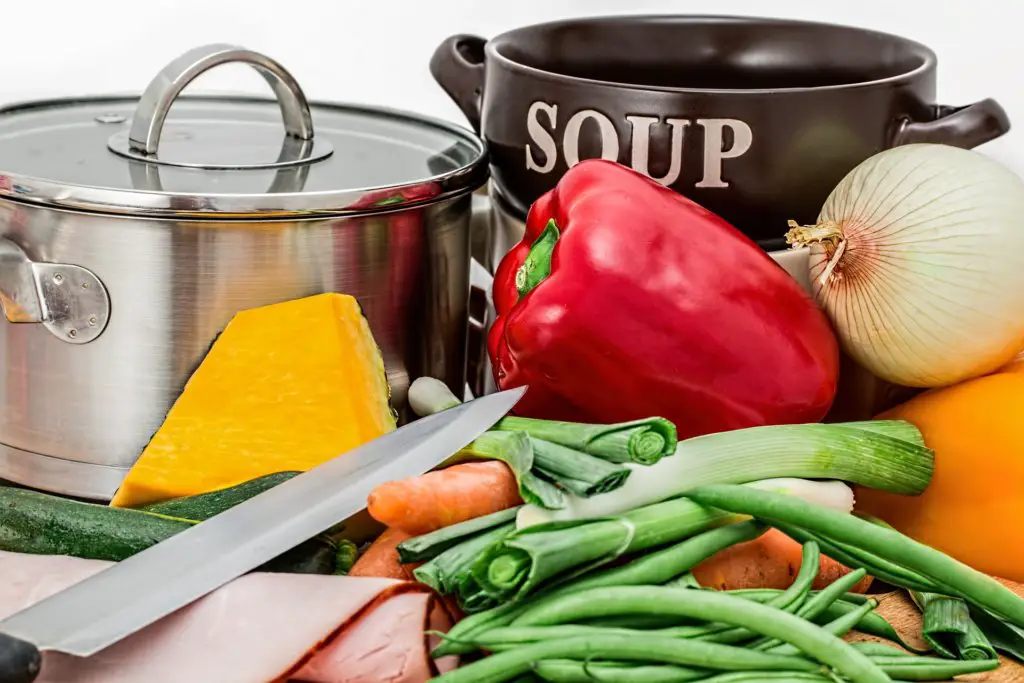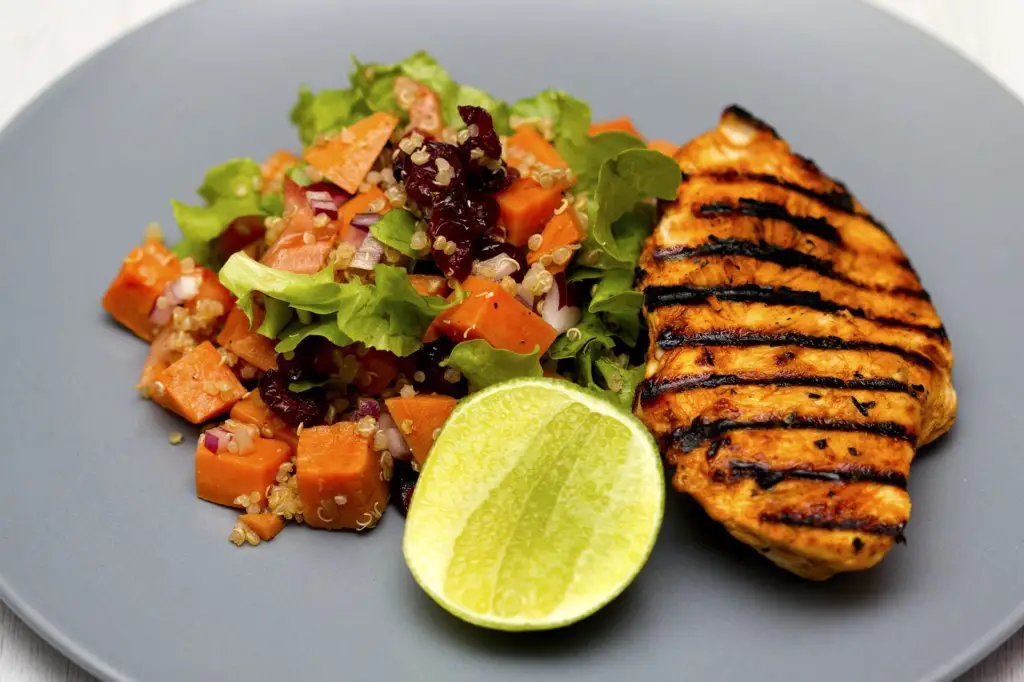
Maintaining a healthy diet while on vacation is surely not an easy task. While traveling people tend to ignore the effects of poor diet and the detrimental effects, it can have on the health.
Processed meals, junk food, and packaged drinks all of these become the food menu for the travellers, they, being unaware that all their fitness goals would be put on the back seat. Such food choices affect the immune system thus raising the susceptibility of illnesses.
None of you might want to fall sick or travel with an upset or bloated tummy. Therefore, having a healthy diet schedule can let you enjoy and make the most out of the vacation time. And it can be achieved by following few simple travel tips.
1. Get information about the destination
Before starting the journey ensure you give some time, and research about the place, sightseeing, and restaurants. There are plenty of travel websites where you can view the reviews of the previous travellers and healthy food options. This can obviously help you save time and know well about travel destinations and their cuisines.
2. Pack your own snack
Eating frequently helps you maintain the energy level required throughout the day. It is therefore important to bring along few healthy snacking options in your luggage before heading out for the journey.
The healthy snack can include a pack of nuts, protein and granola bars, seasonal fruits, and a jar or two of peanut butter. These healthy snack options ensure you get the daily protein requirement even when traveling.
3. Never skip meals
Fatigue, lethargy, poor concentration, and hypoglycemia are few spoilers which can adversely affect your vacation big time.
We are often tempted to skip a meal if a proper eating place is not available or if we are running short of time. Instead of not eating you can grab any fruit such as banana, berries or any seasonal delight available. Eating healthy and not skipping meals can help you maintain the focus and keep you active throughout the day.
4. Reduce alcohol intake

Excessive alcohol intake can lead to bad hangovers, bloating and reduced appetite. It also interferes with the daily nutrient absorption. Alcohol increases the calorie intake and makes you far from being fit.
Do not allow alcohol to take away the pleasure of the vacation. Drink in moderation and enjoy a healthy vacation.
5. Keep yourself hydrated

Take plenty of water wherever you go while traveling to prevent dehydration. Traveling in the sun can make your body want morewater than usual. Always stock your car, backpack or the hotel room with water to help meet the daily requirements.
6. Stock up the probiotics
Probiotics help to build up the immune system and support digestion. Both these systems should be well taken care of while traveling to keep you healthy and active.
Adding a probiotic in the everyday menu can keep the unwanted health displeasures away.
7. Eat when hungry
Overeating is quite common while traveling. With new and variety of eating opportunities, you tend to binge on all the high-calorie food and eat more than your body requires. This not only leads to weight gain but also gives a feeling of sickness.
Therefore keeping a tab on how much you are eating is also very necessary.

Eating a healthy diet which contains all the necessary vitamins and minerals is what is actually needed while traveling. Therefore, a balanced diet keeping the calorie intake in mind should be consumed.
Eating healthy does not mean keeping yourself away from the delicacies of the place. Plan your food consumption in such a way that you do not miss anything but also keep a check on the weight as well.
Eat healthy stay fit.
Authors Bio – Mitravinda is a Nutritionist at DietChart with a doctoral degree in Food Science and Nutrition. She is a teacher, researcher and an author. Her passion for the subject prompted her to start writing blogs on various nutrition-related topics such as diet chart for weight loss, diet chart for weight loss in 7 days, how to remove dark circles in 2 days etc. Through her blogs, she wishes to help people gain a deeper understanding about the relationship between food, nutrition, lifestyle and health.